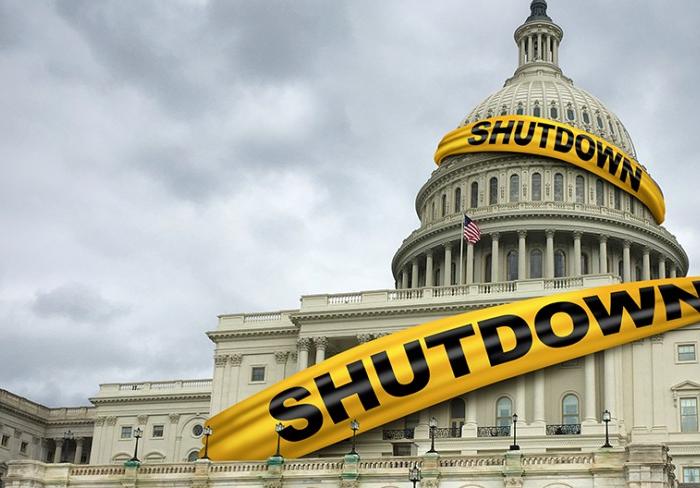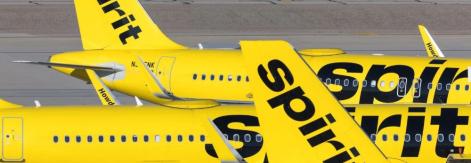Mexico´s government is now forecasting tourism earnings of more than $12 billion for 2005, a figure that would represent nearly an 11 percent growth from the year before and the second-highest increase ever chalked up the country´s leisure sector since 1996.
The country expects to welcome way over 23 million travelers by the end of the ongoing year, a new record high that would zap the previous benchmark of 21.4 million visitors back in 1996.
The dollar may advance for a second week straight against the euro because the Federal Reserve is likely to look beyond the damage caused by Hurricane Katrina and jack up interest rates next week.
The dollar retraced about half of the 2 percent slide it suffered the week Katrina hit the Gulf of Mexico coast on Aug. 29. The hurricane, which may cost U.S. insurers a record $60 billion, pushed oil prices to an all-time high, prompted some economists to lower forecasts for economic growth, and raised speculation the central bank would hold off after raising rates in ten different meetings.
Damage caused by hurricane Katrina could cost the United States a half to one full percentage point of economic growth in the second half of the year according to data from the Congressional Budget Office, CBO.
Although the total consequences of the hurricane have still to be assessed, CBO also estimates that the loss of jobs by the end of 2005 could reach 400,000.
Hurricane Katrina swamped barrier islands along the Gulf Coast, further gnawing away at the dunes and beaches that act as hurricane speed bumps and leaving the coastal area even more vulnerable to big storms. Among the hardest-hit were the fragile Chandeleur Islands off the southeast coast of Louisiana.
Known as a nesting ground for pelicans and rest stop for migrating songbirds, the string of islands was made famous by a visit from Theodore Roosevelt and from the naturalist paintings of Walter Anderson.
Given the discouraging prospects of the coming trade liberalization negotiations in the framework of the World Trade Organization, Mercosur and the European Union decided in Brussels to resume the interrupted talks.
Since 1995 Mercosur and EU have been holding talks to create the world´s largest free trade area with 680 million people which currently has an annual bilateral trade of 40 billion US dollars.
Chilean President Ricardo Lagos announced Sunday a package of measures to soften the impact of the surging price of gasoline which has been forecasted to reach the equivalent of almost $1.40 per litre in the near future.
In a national television address President Lagos said that interests generated by the Copper Stabilization Fund, (estimated in several hundreds of million US dollars) will be diverted to help soften future crude increases, anticipated by Chilean authorities because of the devastating effects of hurricane Katrina which destroyed several United States refineries in the Gulf of Mexico area.










